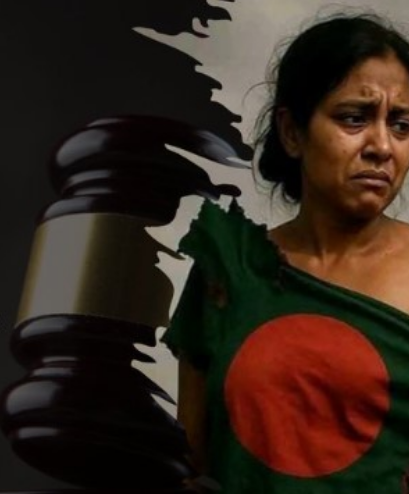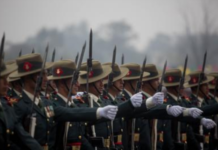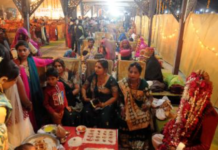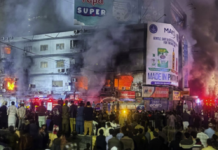DHAKA– A U.S.-based human rights organization is sounding the alarm over what it describes as “pandemic levels” of sexual violence in Bangladesh, particularly against women and children from minority communities, under the interim government led by Nobel laureate Muhammad Yunus.
The Human Rights Congress for Bangladesh Minorities (HRCBM) cited new figures from Dhaka-based rights group Ain O Salish Kendra (AsK), which documented 342 rapes during the first three months of 2025. According to the data, 87 percent of the victims were girls under 18, with 40 cases involving children younger than six years old. Reports of gang rape have also surged, with most victims being minors.
“These horrifying statistics are only the tip of the iceberg,” the HRCBM said in a statement Friday, warning that thousands more cases go unreported due to stigma, fear of retaliation, and distrust in the justice system. “For minority women and girls, the silence is even deeper. Allegations of religious bias in law enforcement and courts deter families from seeking justice, leaving crimes unrecorded and unpunished.”
The group highlighted brutal incidents in which the headless bodies of women and girls were discovered, underscoring what it called the “unspeakable savagery” of the perpetrators.
The HRCBM also drew attention to the imprisonment of Hindu leader Chinmoy Krishna Das, a spokesperson for the Bangladesh Sammilito Sanatani Jagaran Jot. Das has been held since November on what the rights body described as fabricated charges, including murder, despite repeated appeals for bail. “His only crime appears to be speaking truth to power and standing up for the rights of minorities,” the statement said.
In response to what it described as a “state-enabled crisis,” HRCBM has filed a Public Interest Litigation before Bangladesh’s High Court Division, demanding a judicial inquiry into the sexual violence epidemic. The petition calls for accountability, systemic reforms, and special protections for women and girls in minority communities, who it says face disproportionate targeting.
“The case of Chinmoy Krishna Das stands as a microcosm of broader state inaction and complicity — a legal mockery in a system that claims to uphold justice,” the rights group said. (Source: IANS)














